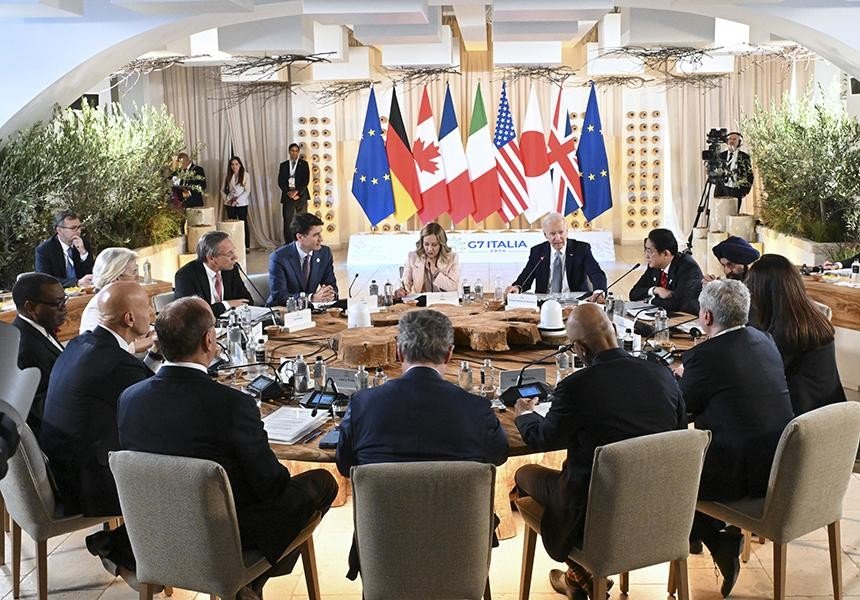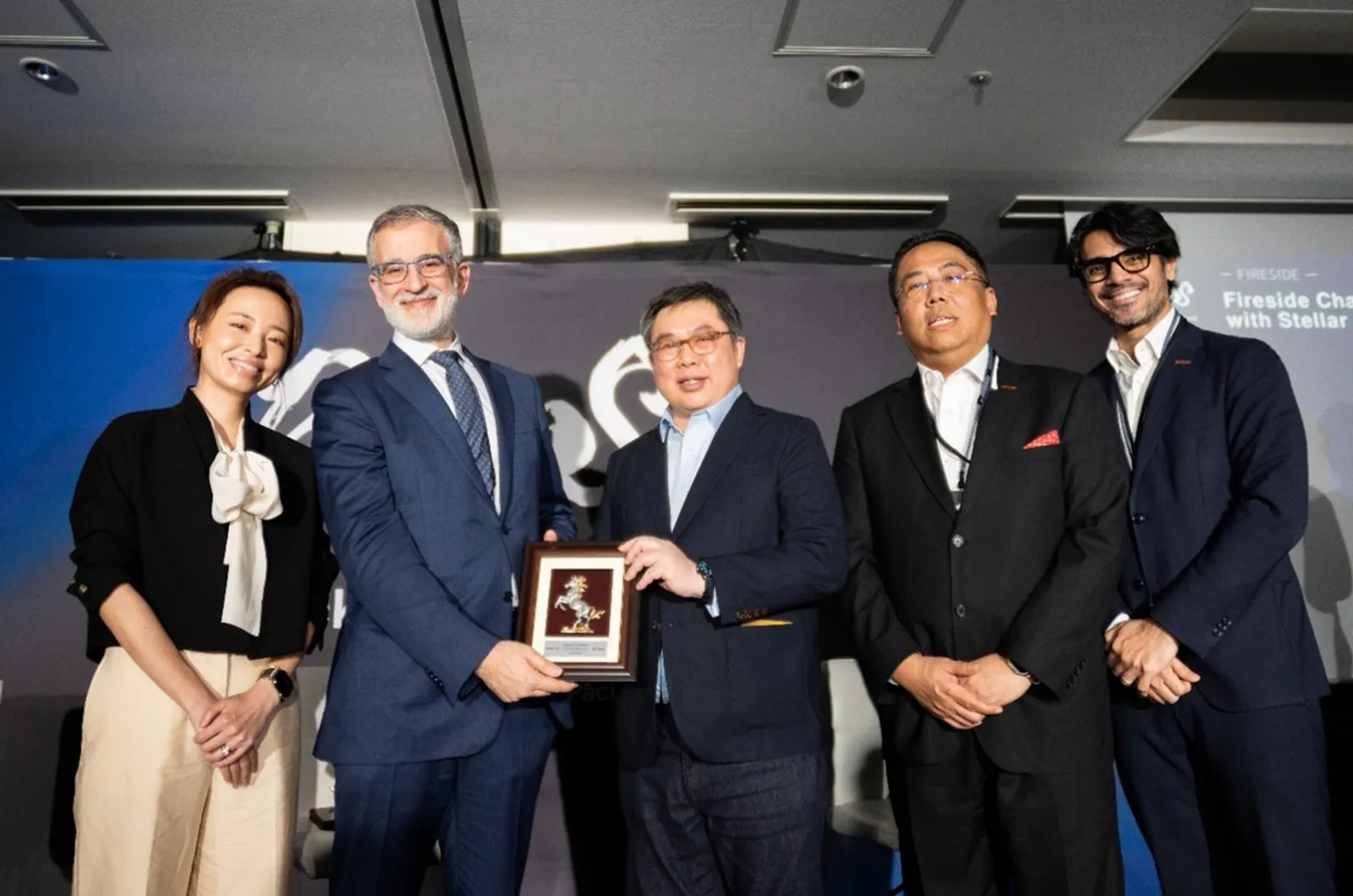The African Union (AU) and the Organisation for Economic Co-operation and Development (OECD) are set to launch the Africa Virtual Investment Platform (AVIP), a landmark initiative designed to enhance investment flows into African economies. The initiative, which aligns with the AU’s Agenda 2063, aims to address challenges faced by investors, bridge financing gaps, and accelerate economic transformation across the continent.
As Africa continues to position itself as a key player in global economic development, the AVIP initiative is expected to streamline investment processes, enhance regulatory clarity, and foster deeper collaborations between African nations and international investors. The launch of AVIP underscores a growing recognition that digital platforms can be leveraged to boost financial inclusivity and increase investor confidence in African markets.
The platform’s introduction comes at a time when Africa is witnessing significant economic reforms, trade liberalization through the African Continental Free Trade Area (AfCFTA), and increased interest from global investors looking for emerging market opportunities. However, challenges such as regulatory uncertainties, limited access to reliable investment information, and fragmented financial markets continue to hinder optimal capital inflow. AVIP seeks to address these challenges by creating a one-stop digital investment ecosystem that will provide data, insights, and networking opportunities for investors and policymakers.
Why AVIP Matters for Africa’s Economic Future
Africa is home to over 1.4 billion people, with a rapidly growing middle class and a projected GDP growth rate of over 4% per year in many economies. However, despite these promising indicators, investment into African economies has often been hindered by infrastructure deficits, policy inconsistencies, and weak financial integration. The AVIP initiative, backed by both the AU and OECD, aims to remove these roadblocks by:
- Providing Real-Time Investment Data
Investors often struggle with accessing reliable and up-to-date economic, legal, and regulatory information about African markets. AVIP will serve as a centralized database offering real-time insights into investment opportunities, risk assessments, and sectoral analysis. - Enhancing Policy Transparency
Unpredictable regulatory environments have deterred many investors from committing to long-term projects in Africa. AVIP will offer a policy tracker that keeps investors informed about regulatory changes, government incentives, and investment frameworks across different African countries. - Facilitating Investor-Networking and Collaboration
By offering virtual networking events, business matchmaking services, and investor forums, AVIP will help connect investors with African businesses, governments, and financial institutions. - Boosting Regional Integration through AfCFTA
The African Continental Free Trade Area (AfCFTA) aims to create a single market for goods and services across 54 African nations. AVIP will align its structure with AfCFTA’s goals by facilitating cross-border investments and reducing bureaucratic barriers for businesses looking to scale operations across multiple African countries.
Addressing Africa’s Investment Challenges
Foreign direct investment (FDI) into Africa has fluctuated over the years due to external shocks, weak institutional frameworks, and economic instability in some regions. According to the UN Conference on Trade and Development (UNCTAD), FDI inflows to Africa declined by 5% in 2024 compared to the previous year, largely due to geopolitical tensions and global economic slowdowns.
While Africa remains an attractive destination for investment in sectors like renewable energy, infrastructure, technology, and agriculture, several bottlenecks limit the full realization of its potential. These include:
- Regulatory Uncertainty: Frequent policy changes in taxation, trade regulations, and foreign exchange controls create unpredictability for investors.
- Limited Access to Finance: Many small and medium-sized enterprises (SMEs) in Africa struggle to access credit and investment funding, limiting business growth.
- Infrastructure Gaps: Poor transport, energy, and digital infrastructure raise operational costs for businesses and reduce investor confidence.
The AVIP initiative aims to address these concerns by offering data-driven investment guidance, de-risking mechanisms, and policy harmonization efforts.
Health and Economic Development: AUDA-NEPAD’s Role in Strengthening Africa’s Investment Environment
Parallel to AVIP’s launch, the African Union Development Agency (AUDA-NEPAD) is spearheading key health and economic initiatives to improve Africa’s development landscape. One of its primary focus areas is the integration of Sexual and Reproductive Health (SRH) into Universal Health Coverage (UHC) to maximize Africa’s demographic dividend and boost economic productivity.
High-Level Ministerial on Universal Health Coverage and Sexual and Reproductive Health
Event Details:
- Date: January 13, 2025
- Time: 18:00 – 20:00 EAT
- Location: Radisson Blu Hotel, Addis Ababa, Ethiopia
- Attendees: Policy makers, health experts, and key stakeholders driving Africa’s health development agenda
This ministerial event aims to highlight the critical role of sexual and reproductive health (SRH) in achieving Agenda 2063, with a focus on policy harmonization, health system strengthening, and regional collaboration.
The A2DSRH Programme, led by AUDA-NEPAD, integrates SRH policies into UHC frameworks by aligning strategies, expanding access to healthcare services, and addressing Africa’s high maternal mortality rates and limited contraception access. Investing in SRH is essential for:
- Reducing maternal and infant mortality
- Enhancing gender equality and women’s empowerment
- Promoting youth education and workforce participation
- Accelerating economic development through a healthier population
The African Union’s Agenda 2063 envisions a continent where all citizens have access to affordable and high-quality healthcare, contributing to Africa’s broader economic growth and social stability.
Launch of the “24 Priority Medical Products” and the “Roadmap for Regional Manufacturing in Africa”
To enhance Africa’s health security and pharmaceutical self-sufficiency, AUDA-NEPAD is also introducing two major initiatives:
- 24 Priority Medical Products
- This initiative identifies essential maternal, newborn, and reproductive health products needed to reduce mortality rates and improve healthcare outcomes.
- Roadmap for Regional Manufacturing in Africa
- A strategic framework aimed at reducing Africa’s dependency on imported medicines by strengthening local pharmaceutical production.
- Enhancing public-private partnerships in Africa’s healthcare sector to ensure sustainable medical supply chains.
Both initiatives are crucial for strengthening Africa’s healthcare resilience and reducing reliance on external markets for essential medical supplies.
The Intersection of Health and Economic Growth
Investments in universal health coverage and sexual and reproductive health are not just about improving healthcare—they are key economic drivers. Healthier populations lead to:
- Increased labor productivity
- Higher workforce participation rates
- Reduced economic burden on healthcare systems
- Greater economic stability and investor confidence
By integrating healthcare priorities into economic policies, Africa is taking a holistic approach to development, ensuring that its demographic dividend translates into sustainable growth.
Conclusion: The Future of Investment and Development in Africa
The launch of the Africa Virtual Investment Platform (AVIP) and AUDA-NEPAD’s health-focused initiatives mark a significant step toward a more structured and investment-friendly Africa. By leveraging digital platforms, policy harmonization, and regional economic collaboration, the AU and OECD are positioning Africa as a competitive investment destination.
While challenges remain in policy transparency, investment infrastructure, and financial integration, initiatives like AVIP demonstrate Africa’s commitment to addressing these barriers. As Africa continues its journey toward economic transformation, industrialization, and sustainable development, the success of these initiatives will play a crucial role in shaping the continent’s future.
With strategic investments in technology, infrastructure, and healthcare, Africa is on track to becoming a global economic powerhouse, attracting new opportunities for businesses, investors, and its people. The world is watching, and Africa is ready.
Ready to take your career to the next level? Join our dynamic courses: ACCA, HESI A2, ATI TEAS 7 , HESI EXIT , NCLEX – RN and NCLEX – PN, Financial Literacy!🌟 Dive into a world of opportunities and empower yourself for success. Explore more at Serrari Ed and start your exciting journey today! ✨
photo source: Google
By: Montel Kamau
Serrari Financial Analyst
14th February, 2025
Article, Financial and News Disclaimer
The Value of a Financial Advisor
While this article offers valuable insights, it is essential to recognize that personal finance can be highly complex and unique to each individual. A financial advisor provides professional expertise and personalized guidance to help you make well-informed decisions tailored to your specific circumstances and goals.
Beyond offering knowledge, a financial advisor serves as a trusted partner to help you stay disciplined, avoid common pitfalls, and remain focused on your long-term objectives. Their perspective and experience can complement your own efforts, enhancing your financial well-being and ensuring a more confident approach to managing your finances.
Disclaimer: This article is for informational purposes only and does not constitute financial advice. Readers are encouraged to consult a licensed financial advisor to obtain guidance specific to their financial situation.
Article and News Disclaimer
The information provided on www.serrarigroup.com is for general informational purposes only. While we strive to keep the information up to date and accurate, we make no representations or warranties of any kind, express or implied, about the completeness, accuracy, reliability, suitability, or availability with respect to the website or the information, products, services, or related graphics contained on the website for any purpose. Any reliance you place on such information is therefore strictly at your own risk.
www.serrarigroup.com is not responsible for any errors or omissions, or for the results obtained from the use of this information. All information on the website is provided on an as-is basis, with no guarantee of completeness, accuracy, timeliness, or of the results obtained from the use of this information, and without warranty of any kind, express or implied, including but not limited to warranties of performance, merchantability, and fitness for a particular purpose.
In no event will www.serrarigroup.com be liable to you or anyone else for any decision made or action taken in reliance on the information provided on the website or for any consequential, special, or similar damages, even if advised of the possibility of such damages.
The articles, news, and information presented on www.serrarigroup.com reflect the opinions of the respective authors and contributors and do not necessarily represent the views of the website or its management. Any views or opinions expressed are solely those of the individual authors and do not represent the website's views or opinions as a whole.
The content on www.serrarigroup.com may include links to external websites, which are provided for convenience and informational purposes only. We have no control over the nature, content, and availability of those sites. The inclusion of any links does not necessarily imply a recommendation or endorsement of the views expressed within them.
Every effort is made to keep the website up and running smoothly. However, www.serrarigroup.com takes no responsibility for, and will not be liable for, the website being temporarily unavailable due to technical issues beyond our control.
Please note that laws, regulations, and information can change rapidly, and we advise you to conduct further research and seek professional advice when necessary.
By using www.serrarigroup.com, you agree to this disclaimer and its terms. If you do not agree with this disclaimer, please do not use the website.
www.serrarigroup.com, reserves the right to update, modify, or remove any part of this disclaimer without prior notice. It is your responsibility to review this disclaimer periodically for changes.
Serrari Group 2025
















